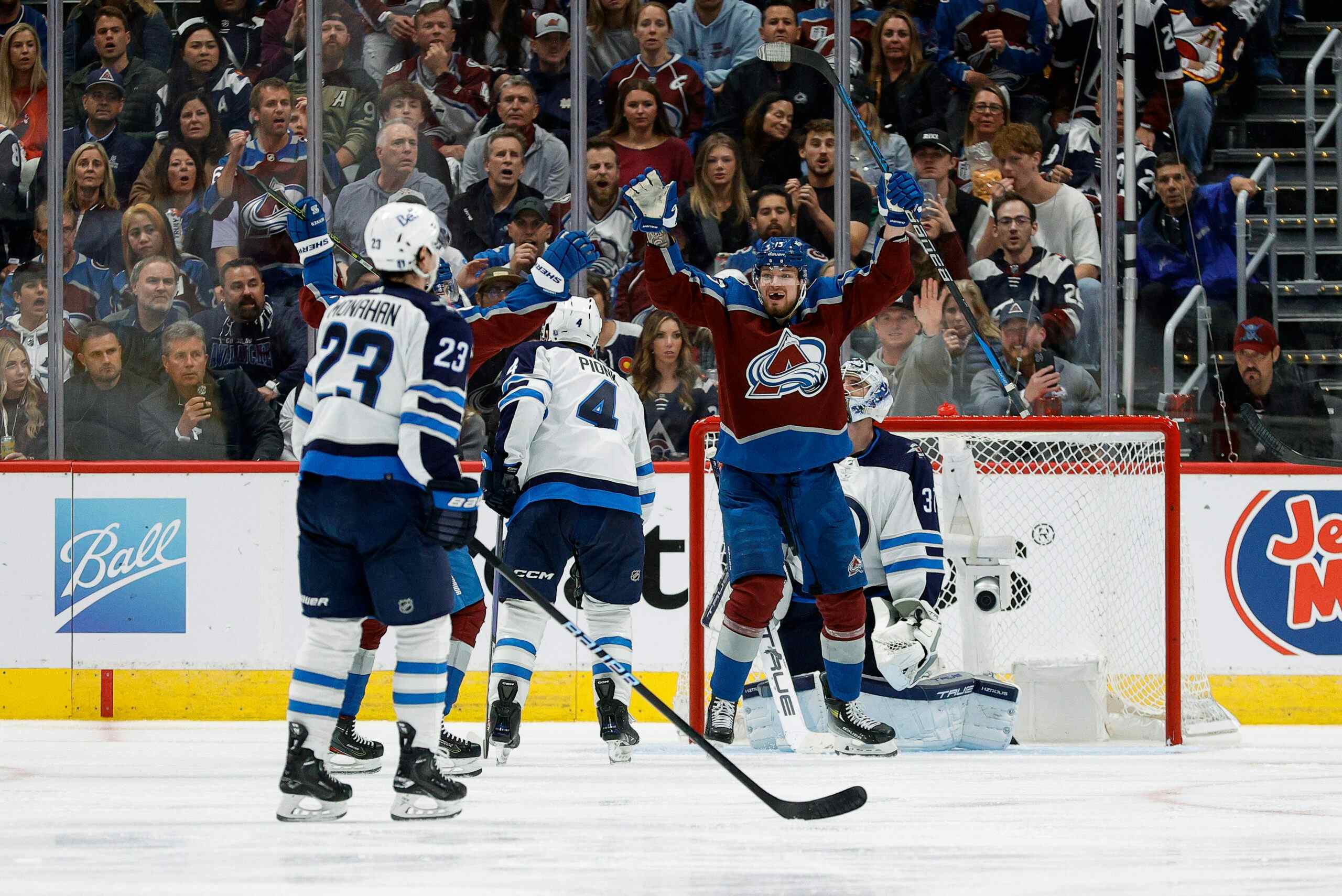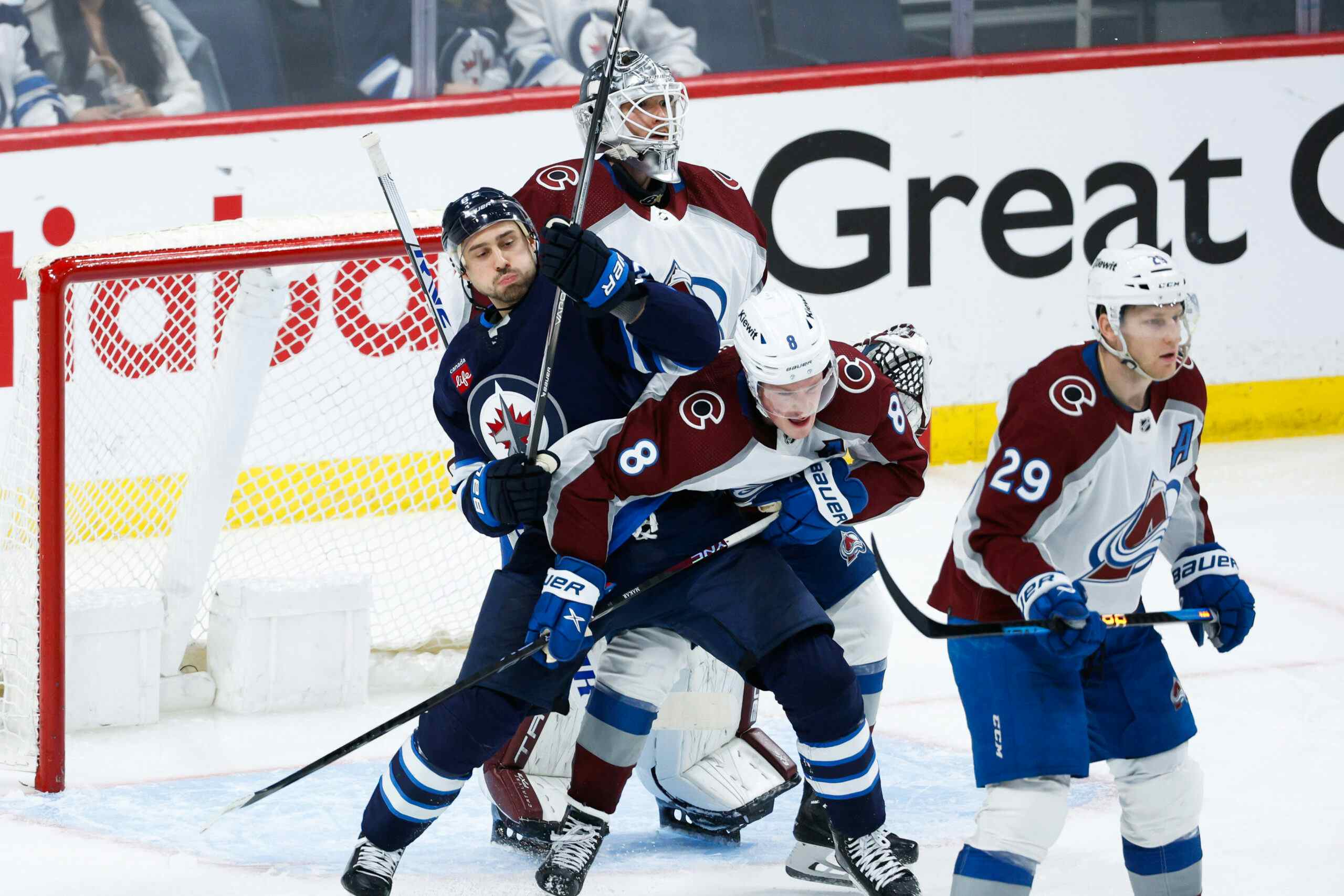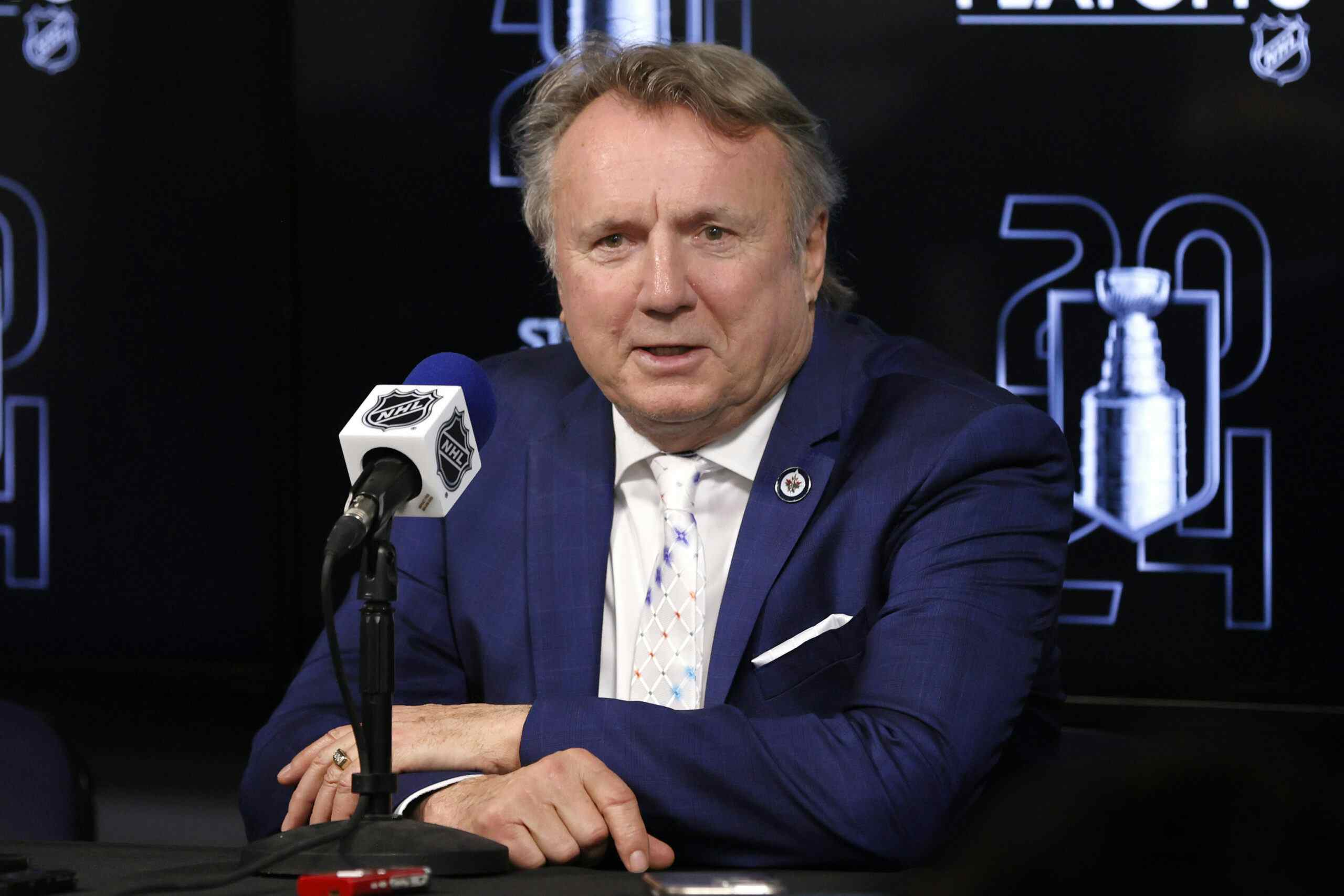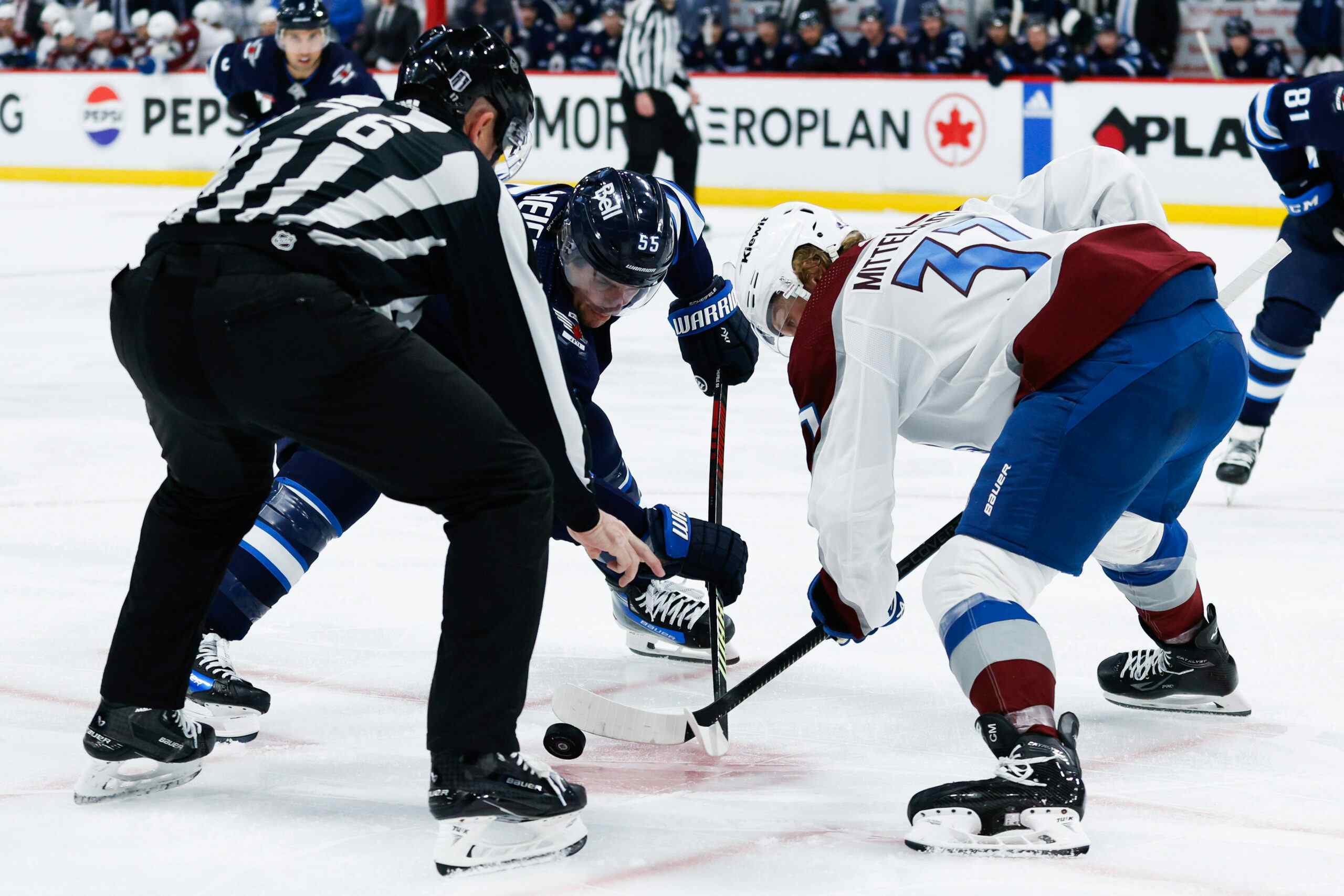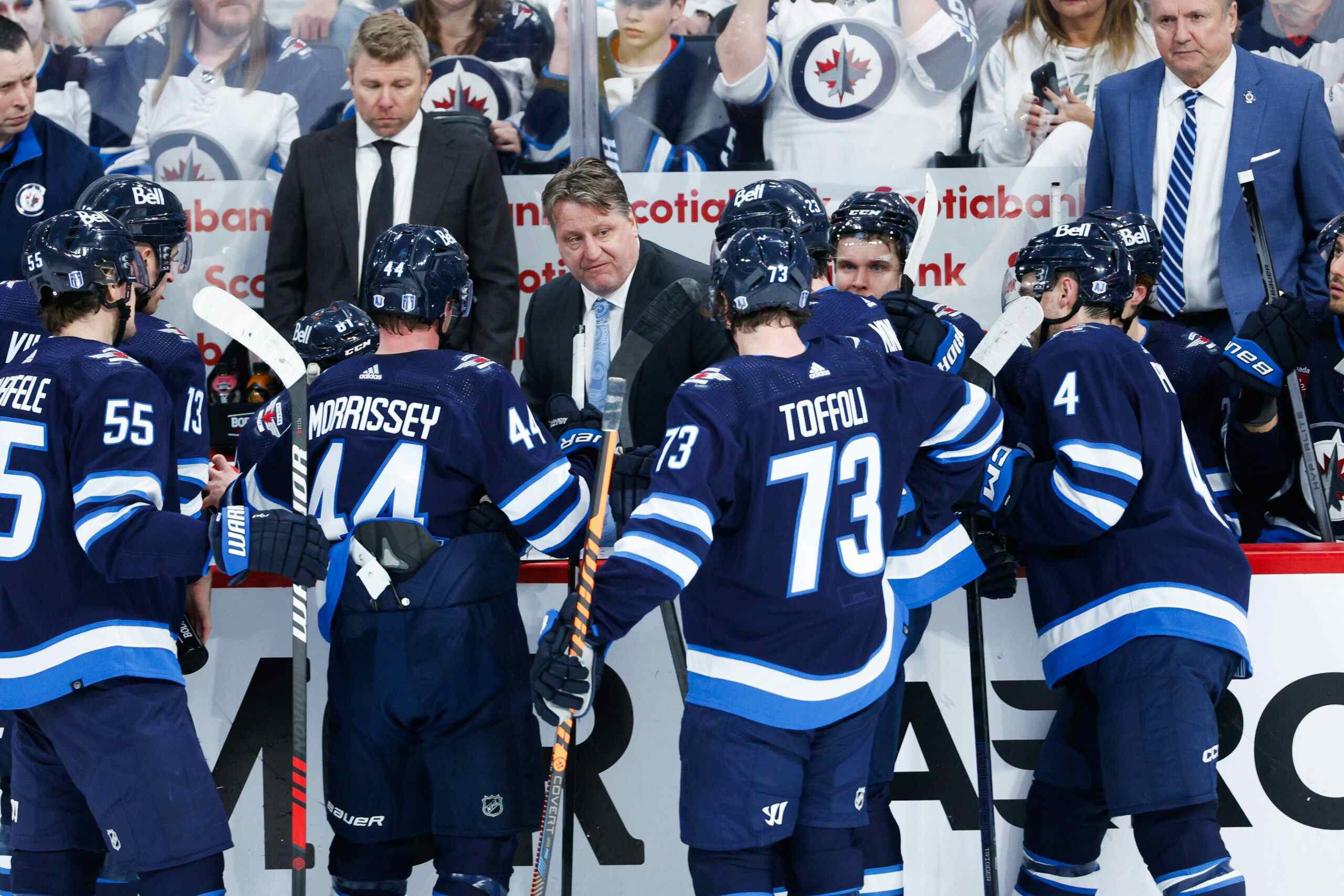Five Jets File for Arbitration: Thoughts on Contract Comparables

Evidence that Byran Little has a signature. Photo by Timmy F.
Our own Travis Hrubeniuk was candid in his review of the RFA situation developing in Winnipeg this week. GM Kevin Cheveldayoff has a growing mess on his hands, after bowing out of the Free Agent Frenzy (apologies to future bench warmer Adam Pardy), losing Burmistrov to the KHL, and now having three critical, cornerstone RFA signings turn into a power struggle with a deadline. Oh, and Tangradi and Postma also filed for arbitration.
The pressing questions, then, are: 1) how far apart are the team and the players in negotiations?; and 2) what are the big three worth in terms of money?
All Is Not Well That Ends Well
There will be many people to remind us that Arbitration is just a formality with an uncertain end. Indeed, any agent would advise to file when negotiations are pending precisely because it’s a lost opportunity otherwise. In many cases, arbitration is avoided. Those people, those voices of calm are factually correct – it is a formality and we can’t know how it will end at this stage. Nevertheless, we can pass judgement on the process without regard for the eventual product.
All five players could sign value contracts tomorrow. Today, however, we can state with certainty that Kevin Cheveldayoff and the Jets management team have made a mistake. They have put the franchise at risk of losing three of their seven best players (in the long term, that is), spoiling relationships, and making Winnipeg a less desireable place to play NHL hockey. They have left signing their Big 3 until the last possible minute, while doing little else to improve the team.
In what was to be a defining summer for the Jets, it seems GM Kevin Cheveldayoff entered without a plan and is reacting to the circumstances.
What are they worth?
Filing for arbitration is a no-lose scenario for Eric Tangradi and Paul Postma. They have essentially signed themselves to contracts at this point, knowing they will get a raise on their $726K and league minimum $550K contracts respectively. Under the new CBA, teams can only ‘walk away’ from awarded contracts in excess of $3.5M – a threshold neither player is at risk of cresting. The team, on the other hand, is in a no-win scenario that they can exit gracefully with signed contracts or not so gracefully in front of an arbiter. Either way, the players will get fair deals and the Jets legal fees will continue to climb at the same rate as their reputation worsens.
The Big 3 are a more interesting but ultimately more frightening situation.
Of course, we all know the horror stories of arbitration. The Thrashers walk away from Clarke MacArthur’s 2010 award of $2.4M only to have him score 62 points for the Leafs while earning half that. The cash-strapped Predators enter arbitration asking for $4.75 for Shea Weber who ends up earning the highest award in the history of arbitration at $7.5, which then leaves them vulnerable to an offer sheet the next season. The Jets face a similar problem with Bogosian – they can’t possibly walk away regardless of the dollar value and both sides know it.
So we return to the principle question – what are these players worth?
Illegal Curve did an excellent series of contract comparables back in May. Of course, the recent Free Agent period skewed those a bit, so below we’ll have a quick look to see if they’re still valid.
Zach Bogosian

Photo by BridgetDS
Bogosian might be the most important RFA of the group, despite his lack of scoring. His age and shut down ability make him a critical piece of the Jets for the next decade. Still, defecemen who excel at defence are always hard to pin down in contracts.
Illegal Curve used a series of comparables – Doughty (drafted one spot before Bogosian), Brent Burns, Edler, Coburn, and Vlasic. I think these are all excellent comparables for various reasons. Further, IC considers his contract value to be $33M/6, or $5.5M per season. With the cap set to go ever-higher and Bogosian’s best years theoretically in front of him, $33M/6 would be an excellent contract for both sides.
That said, it’s unsettling that such a contract hasn’t been signed already. Likely the team wants the deal at $5M (below Kane’s so as to avoid the appearance of annual inflation on contracts), while the agent is pushing for $6 (look at Bouwmeester! And our guy hits!). Let’s hope this gets settled quickly and before July 22nd when the hearings begin.
Blake Wheeler

Photo by BridgetDS
As Illegal Curve astutely observes, the Jets can’t afford to go to Arbitration with Wheeler, who is just one season away from UFA status. Wheeler has a strong case and will earn his money through that route, and will be yet another lost asset for this management group – this time an irreplaceable one.
Still, I disagree with Wheeler’s comparables presented by Illegal Curve. They offer Voracek, Parenteau, Purcell, and Wayne Simmonds for consideration. Their scoring totals may hold up, but Purcell was undrafted, Parenteau taken in the 9th round, and Simmonds late in the 2nd. Only Voracek has the pedigree Wheeler does, and is 4 years younger with 2 years less NHL experience. Their conclusion of $19M/4 ($4.75M Avg) is a full million per season short of what the player and agent are likely asking.
Keep in mind that Wheeler was the 30th highest scoring forward in the league this year – putting up similar totals to stars Anze Kopitar, Matt Duchene, Daniel Sedin, and Joe Thornton. The latter two are long time veterans on lengthy contracts, and of course three of them are centres. Still, Blake Wheeler’s case as a 1st line forward, 1st line powerplay forward, and team-leading scorer are indisputable and no doubt his agent can drum up a host of $6M+ players who look the same or worse on paper. The team can counter with ‘yeah, but he doesn’t hit!’ before they cut the massive cheque.
The hope that he sees himself as PA Parenteau or Michael Ryder and signs a value contract are slim. I bet this one only gets settled if the team is willing to go over $5M.
Bryan Little

Photo by clydeorama
Man, the team took a bath on Little’s deal when Free Agency delivered $25M deals to both Stephen Weiss and Valteri Flippula. If I was Kevin Cheveldayoff’s mom or boss, I’d tell him ‘this is why you do your homework early!’
Illegal Curve’s comps for Little are interesting, but don’t suit his role on the team. They used David Desharnais, Alex Steen, Mike Fisher, and Fran Nielsen. No doubt, Little is a little Steen and a little Nielsen mixed together. Still, none of those players play top line minutes in all three disciplines like Little. Little is the only player among that group to have played an average of more than 20minutes a game in any of the past three seasons. Only Fisher broke the 19 minute mark last season and he scored a full third fewer points than Little (21 to Little’s 32).
With 1B centres getting $5M a season in free agency this year, the suggested salary for Little of $15M/4 ($3.75M) becomes wishful thinking. As with the other two, arbitration gives Little a tremendous amount of leverage. Unlike the other two, he likely can’t find a similarly high paying job elsewhere in the league (who else has such shallow centre depth!). I suspect the Jets could sign him on a value deal in the $4.25M-$4.5M range, similar to the deal Andrew Ladd is on at $4.4M
The Bottom Line
The Jets currently have $19M in cap space, and are $13M short of last year’s salary total of $58M. Together, I expect the Big 3 cost the Jets close to $15M, plus Tangradi and Postma at a combined ~$1.5M to round out the roster. Pending Halischuk’s recent agreement, it seems the Jets are done this off-season, and are stuck spending to the cap.
Arbitration offers meaningful leverage for players, and the closer it gets the more leverage they actually have. As people, they obviously want to avoid it. No one likes confrontation with their boss. But if the Jets are trying to low-ball, this summer could become a disaster, the full consequences of which aren’t felt until these players move on to other clubs in subsequent seasons.
GM Kevin Cheveldayoff should have taken more care to have these contracts wrapped up before reaching July 10th. It was a shortened season for all involved, but it’s been a full six months without even one of these players signed. Now we are in the final weeks that will, in all likelihood, define Cheveldayoff’s legacy and the direction of the team for years to come.
Recent articles from Kevin McCartney

